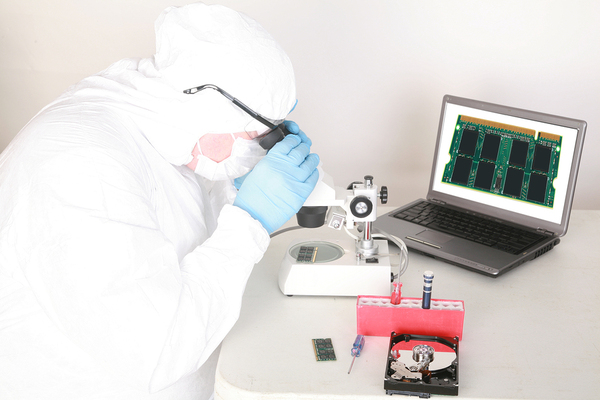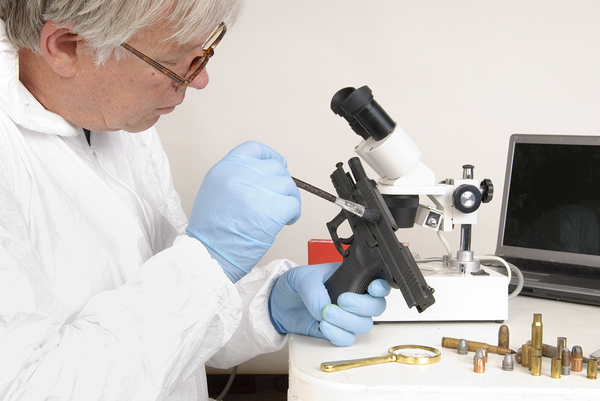
A computer hacking forensic investigator studies cyber crimes and collects evidence about them.
IT professionals with certifications have an easier time finding jobs, and they often make higher salaries than those in the field without certifications. IT certifications demonstrate proficiency in particular skill areas and show that a professional is capable of doing a job in that area of the IT field.
What is CHFI Certification?
The Computer Hacking Forensic Investigator (CHFI) certification prepares tech professionals for jobs in law enforcement and with companies that have a need to investigate computer hacking within their organizations.
Computer hacking and data breaches are on the rise, and many different situations present themselves that lead to a need for investigations into the circumstances that caused the hack. Disloyal employees might use their inside access for profit or to undermine the company, or other companies may conduct industrial espionage to prevent your company from increasing market share.
Jobs for CHFI Certified Professionals
CHFI certification can lead to jobs in law enforcement or the military, systems administration, or IT team or department management. Forensic investigators research computer systems to find information about cybercrimes and network intrusions. They might gather electronic evidence as they investigate hacking and intrusion incidents, examining hard drives, images, and other digital data.
Skills involved in CHFI Certification
CHFI certification teaches professionals how to conduct investigations correctly so that evidence will maintain its integrity and be useful during prosecution of cybercrimes. Professionals will also learn how to recover deleted files and access hidden information on Windows, Mac, and Linux operating systems.
Another aspect of a forensic investigation is the recovery of lost information, which can happen because of sabotage or equipment failure. Forensic investigators also need to be able to analyze the information they find in order to understand the impact of a hack and the extent of a data breach.
In some cases, the cybercrime involved isn’t a data breach but involves possession of illegal materials like pornography. CHFI skills can be used to detect the possession of pornography and collect evidence for prosecution.

Computer forensic investigators may work for a police department or other governmental agency or private company.
Threat intelligence can lead to proactive steps that will prevent future breaches and hacks, although other cybersecurity certifications deal more definitively with keeping servers, networks, and computers secure from threats.
As with most anti-hacking jobs, it is sometimes necessary to use the same techniques hackers use, like cracking passwords and intruding on networks, but like ethical hackers, forensic investigators use these techniques to catch hackers, not to commit cybercrimes themselves.
The end result of a computer hacking forensics investigation is the acquisition of legal evidence that will lead to the prosecution of those who committed cybercrimes like hacking or theft of data. Not all cybercrimes lead to prosecution, but when evidence can be obtained, it can lead to prevention of future breaches and intrusions.
PC AGE offers preparation for the CHFI and other IT certifications that can lead to careers in the tech field. Contact us for more information about our programs.
Rameez Khizer, IT Marketing
